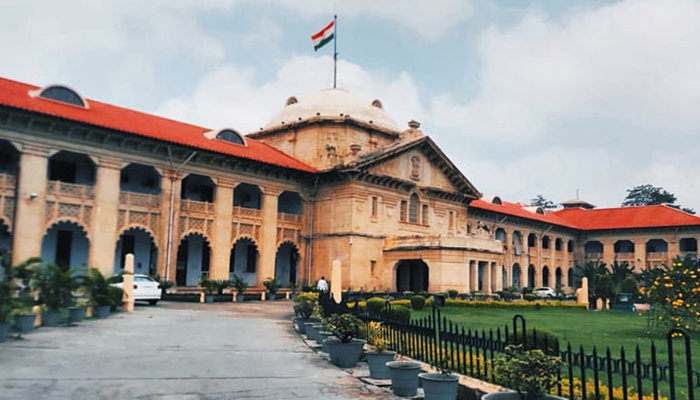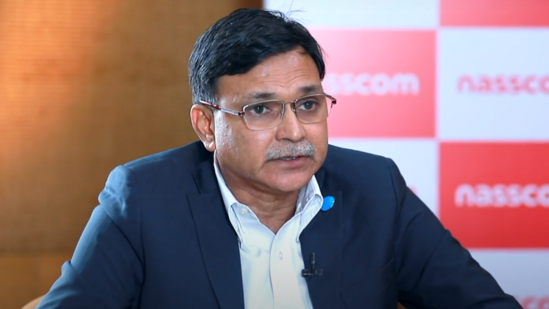In a widely circulated Reddit post, a U.S.-based NRI has sounded the alarm on a critical but often overlooked issue: U.S. estate taxes on global assets, including those in India.
The redditor’s candid note serves as a wake-up call to the NRI community, warning that unless proper planning is done, families could face massive tax bills, frozen assets, and years of legal chaos.
“Uncle Sam doesn’t care if your wealth is in a Hyderabad flat, a Bengaluru plot, or a 401(k) in Delaware,” the redditor writes. “If it’s yours when you pass away, he might want a piece of it.”
For U.S. estate tax purposes, a citizen’s entire global estate is counted — not just assets physically present in the U.S. This includes Indian real estate, demat accounts, mutual funds, U.S. brokerage and retirement accounts, life insurance payouts, and even balances in PayTM, PhonePe, or crypto wallets.
As of 2024, the federal estate tax exemption stands at $13.61 million per individual. It may sound like a high threshold, but things get tricky in 2026, when the exemption is expected to drop to around $6.8 million. For many NRIs with cross-border holdings, what once seemed like a “rich people problem” could quickly turn into a real risk.
The redditor illustrated this with a simple, realistic example: a ₹5 crore flat in Hyderabad, a ₹3 crore plot in Bengaluru, a $1.2 million home in the U.S., a couple of million dollars in retirement and brokerage accounts, and life insurance payouts. It’s enough to cross the exemption threshold — and just like that, your heirs could be looking at a 40% estate tax on the excess amount.
The issue isn’t just the tax itself. Families could face additional headaches. U.S. and Indian bank accounts might be frozen until probate concludes. The IRS allows only nine months to file the estate tax return, while Indian probate cases could drag on for years. Indian assets would have to be appraised in U.S. dollars at the date of death, and inheritance laws differ across Indian states, compounding the complexity.
The redditor shared a cautionary story about a friend’s father who passed away owning an ₹8 crore property in India. Because his U.S. will failed to mention Indian assets, the IRS still demanded tax, but the family couldn’t sell or access the property due to probate delays. It took three frustrating years to resolve the situation.
So what can NRIs do? It all starts with proactive planning.
Setting up a U.S. revocable or irrevocable trust can help manage key assets, while a foreign grantor trust might work for Indian real estate — though this option is highly technical and not DIY-friendly. Lifetime gifting of Indian assets is another strategy, especially since India doesn’t tax gifts between relatives. Joint ownership structures can also make a difference, ensuring that surviving family members can access assets quickly.
Posts from the rupeestories community on Reddit
Professional property valuations in India, conducted every few years, can save heirs from scrambling at a difficult time. Most importantly, engaging a cross-border CPA or estate lawyer who understands both U.S. and Indian systems is essential. “A few grand spent now could save your family years of stress later,” the redditor emphasized.
The post also outlines some best practices every NRI should follow:
- Dual wills: Have separate, non-conflicting wills for U.S. and Indian assets, compliant with both legal systems.
- Power of Attorney: Maintain a valid Indian PoA to enable quick action when needed.
- Trust structures: Consider U.S. or Indian trusts for smoother inheritance and asset protection.
- Annual reviews: Update your asset list, beneficiary designations, and estate plans regularly, especially ahead of the 2026 exemption drop.
The redditor strongly recommends a simple action plan: within the next few months, meet a cross-border estate planner. Within six months, finalize your will, power of attorney, and trust documents. And within a year, seriously explore gifting or restructuring options if needed.




















